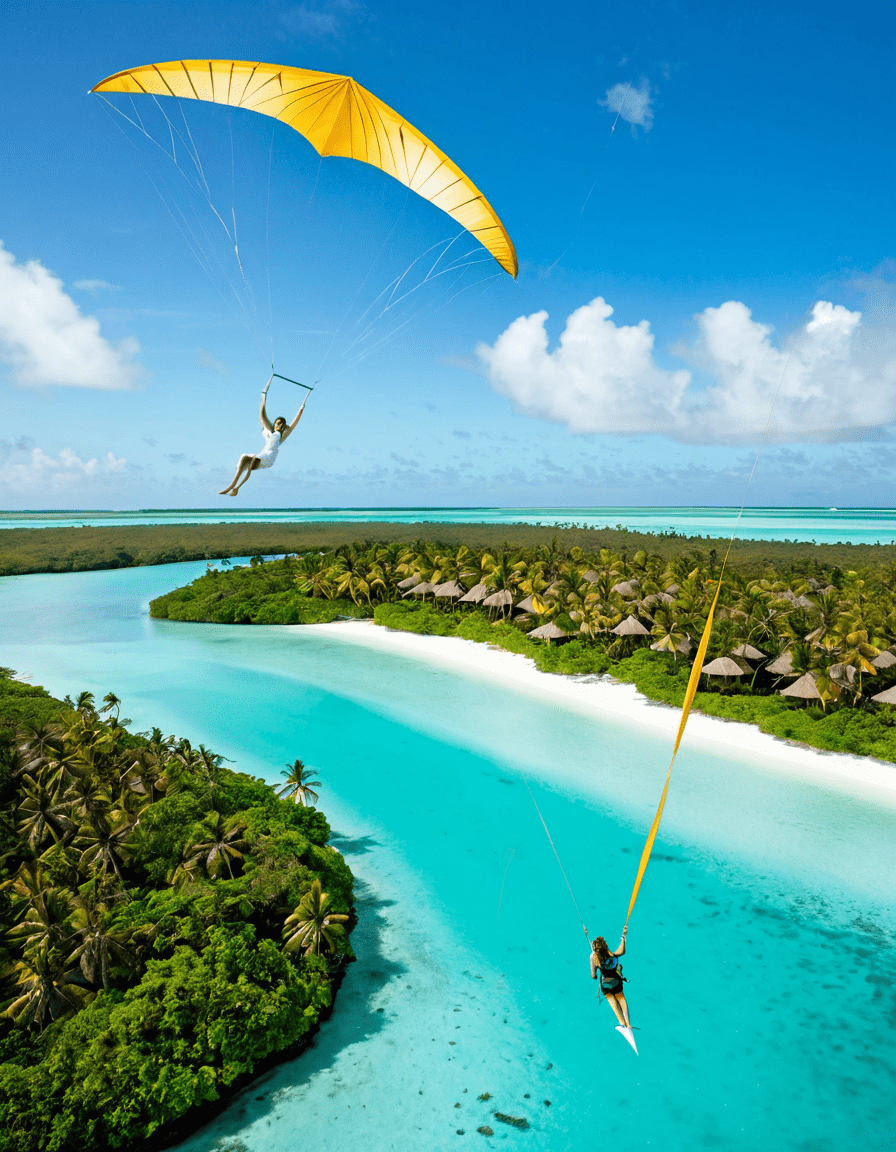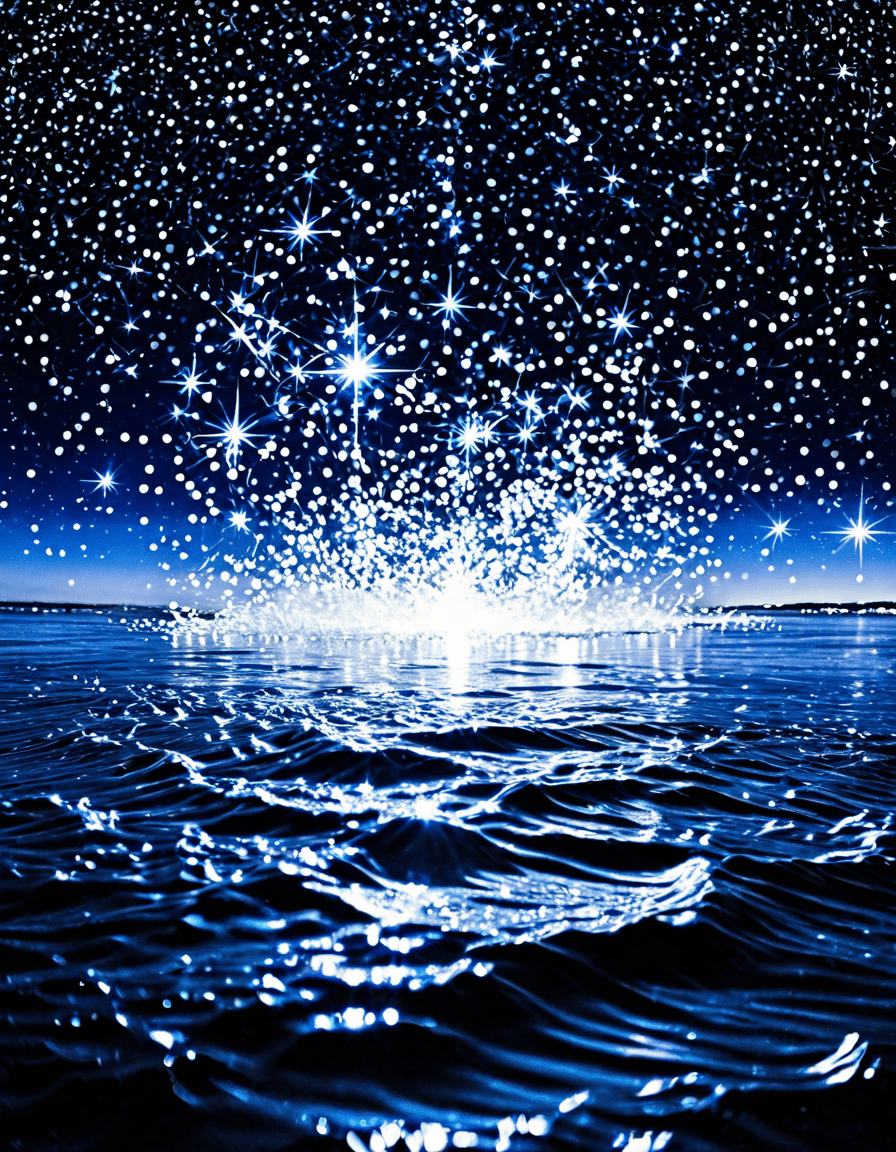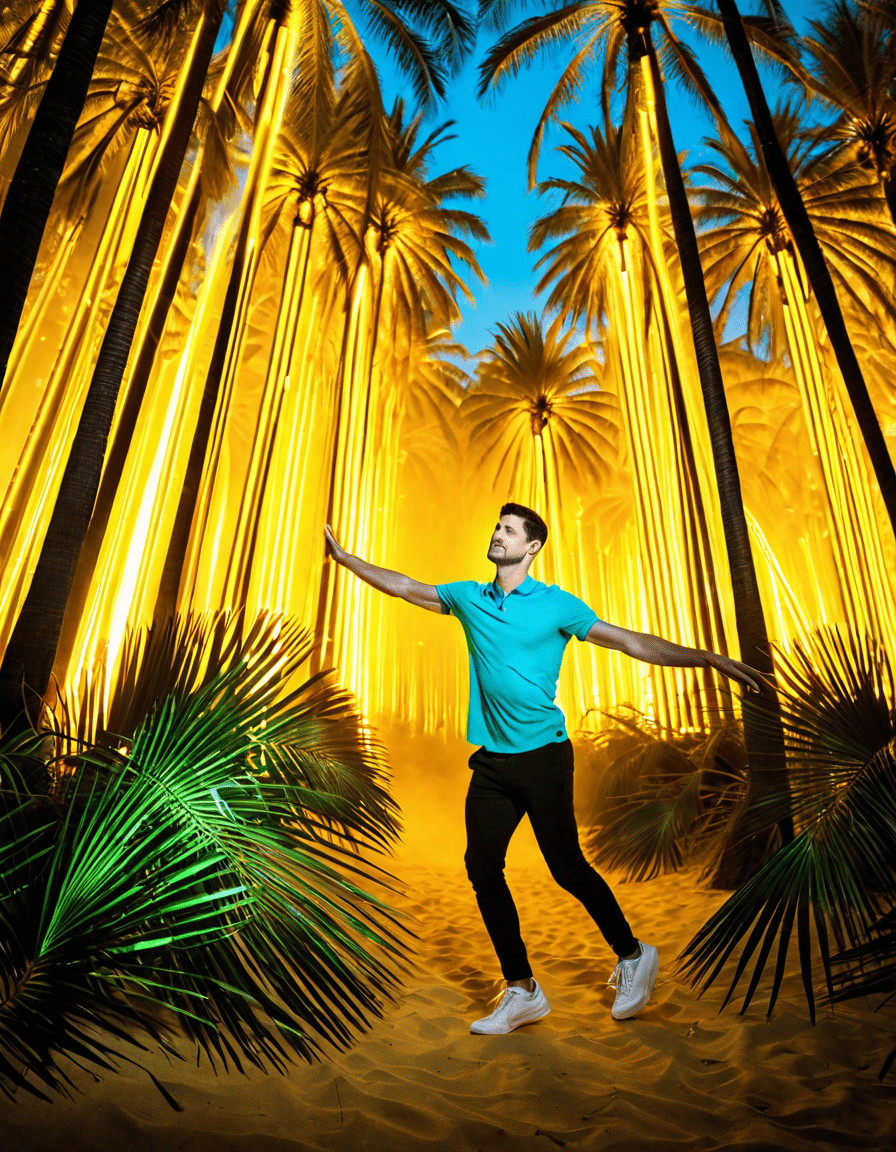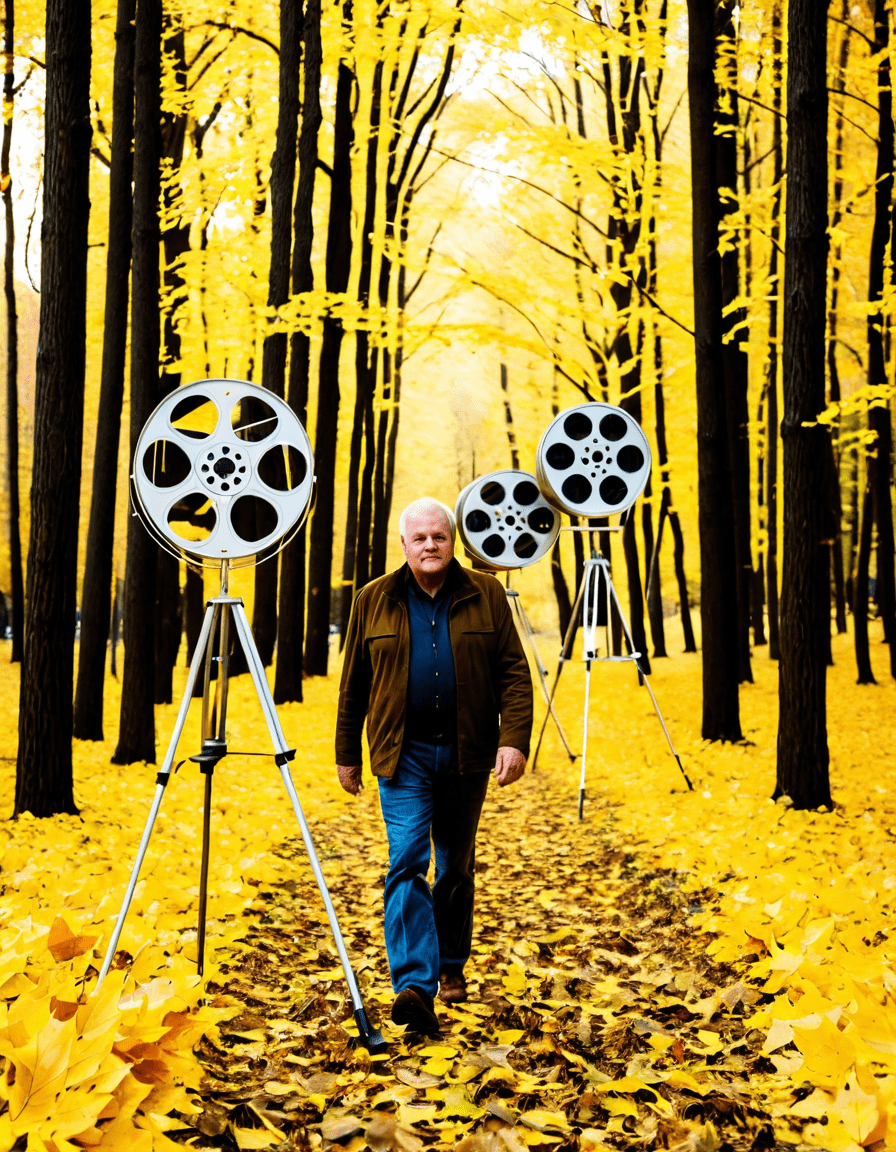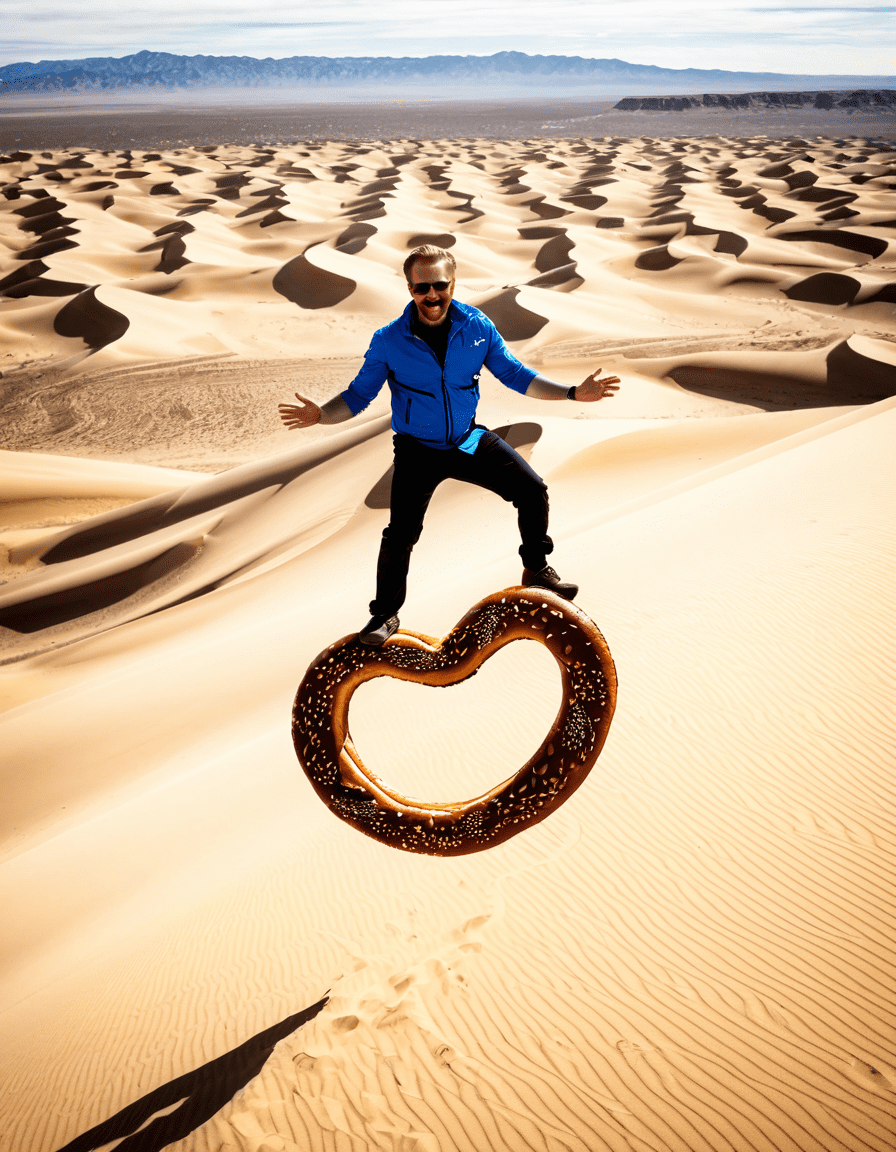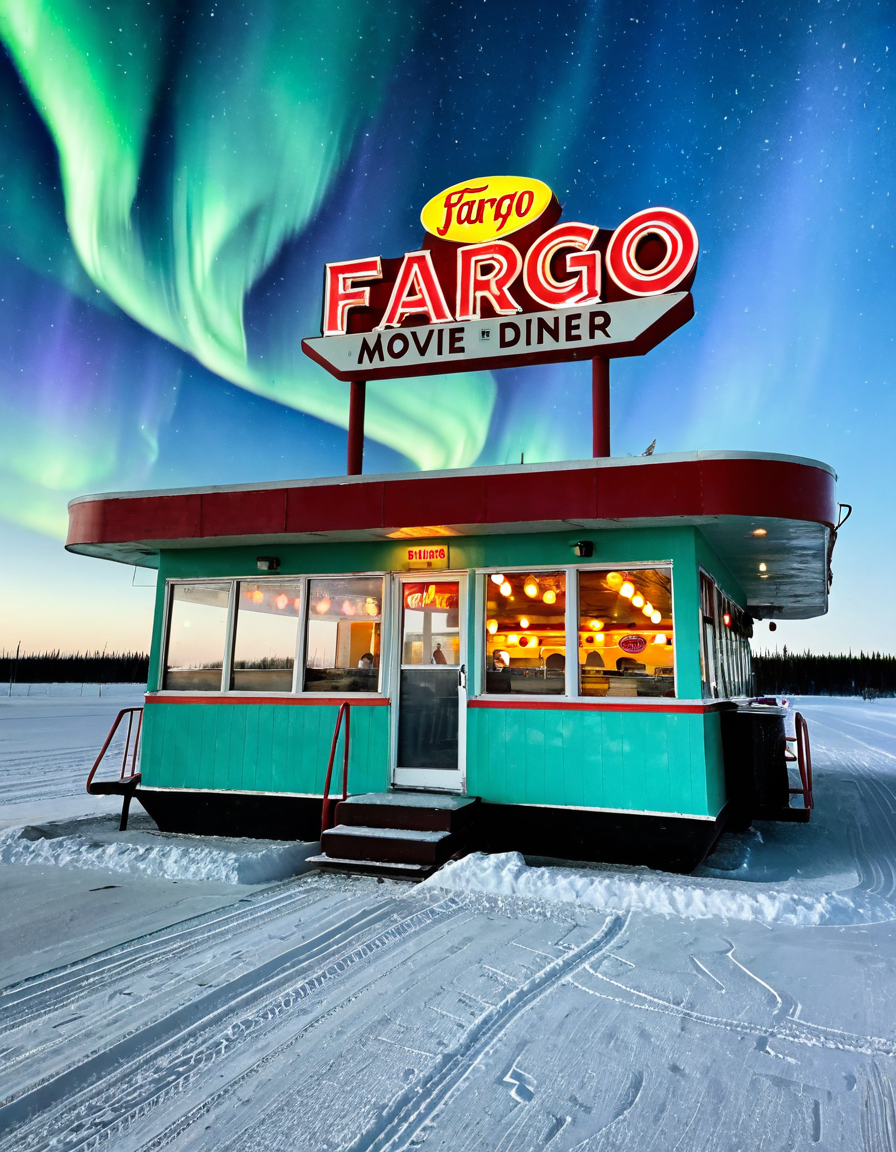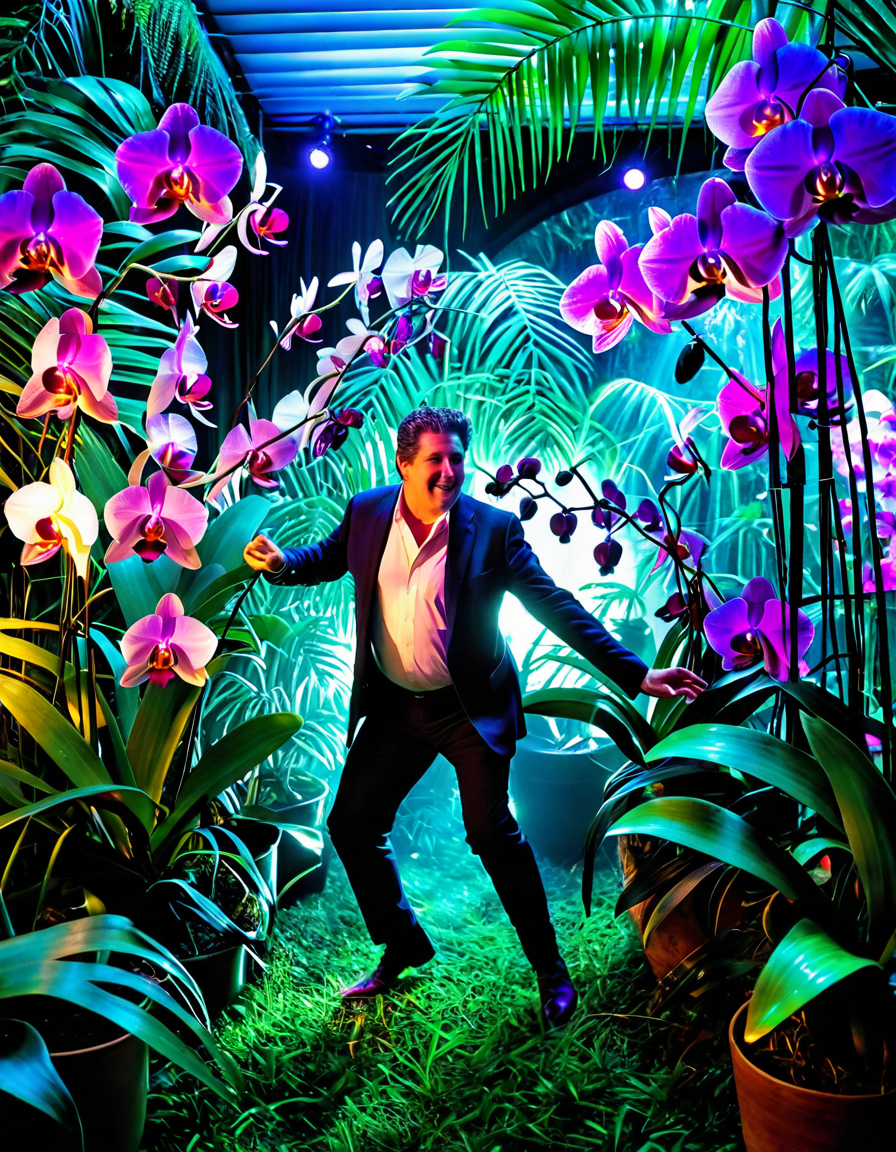For centuries, vikings have captured the imagination of people across the globe. These fierce warriors of the North were not just noble raiders but complex individuals whose legacy transcends mere conquest. Deeply woven into the fabric of history, their tales invoke awe and curiosity, as well as admiration for their skills and courage. So, let’s dive into the remarkable traits that defined these fearless figures and explore their lasting influence on modern society.

The Legacy of the Vikings: 7 Remarkable Traits That Defined Their Fearlessness
The vikings’ reputation as barbarians often overshadows their remarkable traits. Despite the brutal image often projected in movies and TV shows, they displayed a rich tapestry of characteristics that shaped their legacy. Here are seven standout traits that defined their indomitable spirit:
Imagine the expert craftsmanship that went into the Viking longships. These marvels of engineering, like the Oseberg ship, allowed them to traverse vast oceans with astonishing speed and stability. Their navigational skills equipped them to explore distant lands, reaching as far as North America and North Africa.
Viking warriors were famed for their fearlessness in combat. Accounts from works like Njáls saga reveal tales of bravery against staggering odds. This fierce warrior ethos propelled them into legendary battles, forever etching their tales into the annals of history.
Community was at the heart of Viking life. Their clan-based society, highlighted through figures like Ragnar Lothbrok, centered on loyalty and shared responsibility. This strong sense of belonging fortified alliances, crucial for both war and exploration.
The Vikings showcased an impressive ability to adapt. Thriving in climates from Norway’s rugged fjords to the lush woodlands of Britain, they established enduring settlements. Historical developments like the Danelaw in England exemplify how Viking resilience allowed them to flourish in new territories.
Brute force wasn’t their only tool. Leaders like Harald Hardrada exemplified cunning and strategic aptitude, gathering crucial intelligence on enemy territories. This skillful approach played a vital role in their success, balancing intellect with might.
The Viking spirit embodied resilience and self-reliance. Their bold women, such as Freydis Eiríksdóttir, often took significant roles in voyages and settlements. This independence shaped their society and showcased the multifaceted nature of Viking life.
Vikings weren’t just conquerors. They contributed to societies they encountered, exchanging goods, ideas, and technologies. This cultural engagement profoundly affected historical developments, particularly in trade routes that transformed European markets for centuries.

The Influence of Viking Culture on Modern Society
The impact of Viking culture can be seen across various facets of contemporary life. From fashion trends to democratic ideals, their contributions continue to resonate today. Let’s explore how these audacious warriors influenced our modern world:
Fashion Resonance in Everyday Life
Ever noticed the Viking influence in fashion? Brands like Nordstrom and AllSaints draw inspiration from traditional Viking designs. Intricate patterns and motifs reminiscent of Norse artistry are reinterpreted, featuring prominently in today’s apparel and home decor—just wear a Mea Culpa beanie to see this trend in action!
Literature and Narratives
The Viking sagas serve as a bridge between history and folklore, influencing contemporary literature. For instance, J.R.R. Tolkien drew inspiration from these tales, igniting a fascination that transformed into adaptations like the film The Northman. This continuing interest draws millions into the epic narratives of the vikings, marrying reality with myth in a captivating way.
Democratic Principles and Governance
Did you know that Viking assembly systems called “things” foreshadowed modern governance? These assemblies championed community consensus and representation, principles echoed in today’s political systems. By examining these roots, we can appreciate how Viking practices helped shape our democratic ideals.
How Vikings Became Symbolic Figures in Pop Culture
In the tapestry of pop culture, vikings have emerged as iconic figures. Their adventures lend themselves to exploration through various mediums, making them more relatable and intriguing:
Beyond the Sagas: The Rightful Place of Vikings in History
It’s time to recognize that the romanticization of vikings sometimes masks their complexity. Their diverse skill sets, from artwork to trade, showcase their identity beyond the stereotype of mere marauders. With expertise in naval warfare and peaceful settlements, they symbolize a duality that garners respect.
By understanding these different dimensions, our view of Viking history gains depth. They were players on a global stage, engaging in economic and cultural exchanges that shaped Europe and beyond. The legacy of the vikings remains, urging us to embrace the narratives of resilience and exploration that resonate today.
Nothing captures the essence of the vikings quite like their enduring spirit—a blend of warrior and innovator that shines through the mists of history. Their impact on modern culture underscores a vivid reminder that bravery and community are timeless qualities worth celebrating. So the next time you spot Viking motifs or hear those epic tales, remember the remarkable legacy left by these fearless warriors of the North.
Vikings: The Fearless Warriors of the North
The Evolution of Viking Mythology
Did you know that Vikings had a fascinating belief system filled with gods, goddesses, and epic tales? Norse mythology was richly woven into their everyday lives, influencing their decisions and actions on and off the battlefield. Just like modern mythmakers today, such as those behind new family movies 2024, the Vikings spun tales that defined their culture. For instance, legendary figures like Odin and Thor were not just seen as deities but also as symbols of bravery and valor, inspiring the Vikings to take bold risks in war.
Viking Innovations and Skills
When you think of Vikings, you often picture fierce warriors sailing through stormy seas. However, they were also remarkable shipbuilders and explorers! Their longships could navigate both deep and shallow waters, making their presence felt far beyond Scandinavia. This innovation laid the groundwork for future naval advancements. Just like Enterprise Holdings careers encourages innovation in the workforce today, Vikings displayed creativity and adaptability in their seafaring adventures. Plus, the Vikings weren’t all about war; they conducted trade and established settlements, turning their raiding ventures into thriving communities.
The Viking Legacy in Modern Culture
Fast forward to today, the Viking influence is everywhere. Their stories even inspired popular music, like tracks from Tame Impala and Ellie Goulding, who draw on mythical themes in their lyrics. This connection to modern art and pop culture highlights the Viking legacy that still resonates, much like the undeniable charm of icons like Dusty Rhodes in professional wrestling—timeless heroes in their own right!
Finally, just as working moms juggle myriad tasks, Vikings balanced their fierce warrior lifestyle with trades such as farming, metalwork, and craftsmanship. The duality of their lives adds more layers to their already intriguing history. So, next time you hear about the Vikings, remember they were more than just warriors—they were pioneers, storytellers, and innovators whose influence is still enduring today.


